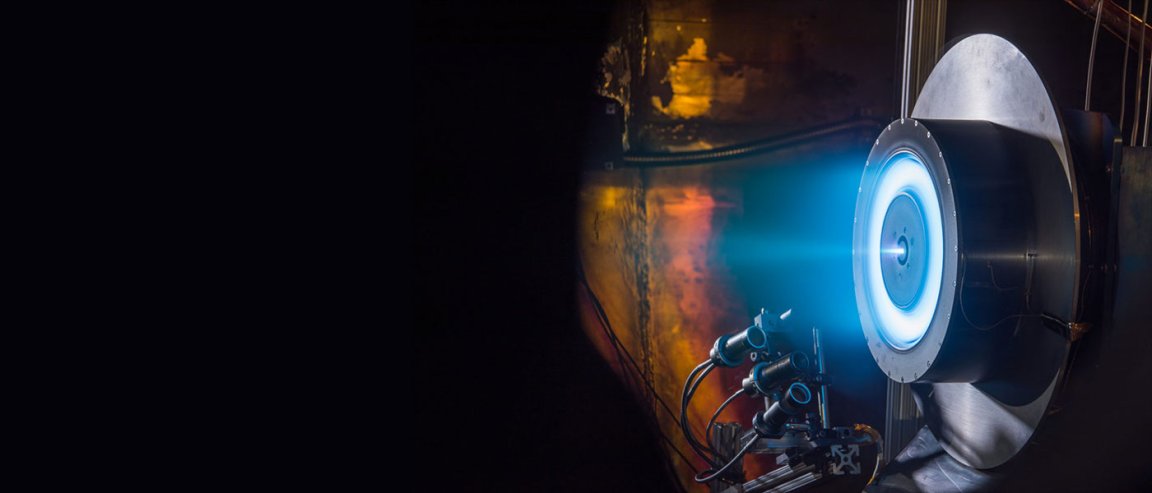
Electronic Propulsion Systems
NASA has awarded a $67 million contract to Aerojet Rocketdyne so that the company can design and produce an electric propulsion system that will power future spacecraft to Mars (and maybe even beyond).
The contract is a 36-month project aimed at delivering an integrated system with improved fuel efficiency compared to traditional chemical rocket propulsion systems, and at the same time, they hope to double its thrust capability.
In the end, Aerojet Rocketdyne will be tasked with overseeing the development and delivery of an integrated electric propulsion system that will include a thruster, a power processing unit (PPU), a low-pressure xenon flow controller, and an electrical harness.
In a press release, NASA Space Technology Mission Directorate Associate Administrator Steve Jurczyk said that this contract will potentially prepare for a deep-space demonstration mission by as soon as 2020.
He said that “development of this technology will advance our future in-space transportation capability for a variety of NASA deep-space human and robotic exploration missions, as well as private commercial space missions.”
NASA has experimented with solar electric propulsion systems on its probes Deep Space 1 and its Dawn Orbiter, which is currently orbiting Ceres.

Powering Future Space Missions
Solar arrays work by generating electrical power to produce positively charged ions. These ions are then accelerated through an electric field and a neutral plasma is maintained by injecting electrons into the resulting ion beam.
Joining Aerojet Rocketdyne on the project are engineers from NASA’s Glenn Research Center, who pioneered electric propulsion, along with Jet Propulsion Lab engineers.
NASA intends to test out the solar electric propulsion system on a robotic probe that will capture a nearby asteroid piece and place it in orbit around the Moon. Also, by 2030 solar electric propulsion systems will be used to carry astronauts to the Red Planet (or at least, that is the plan).